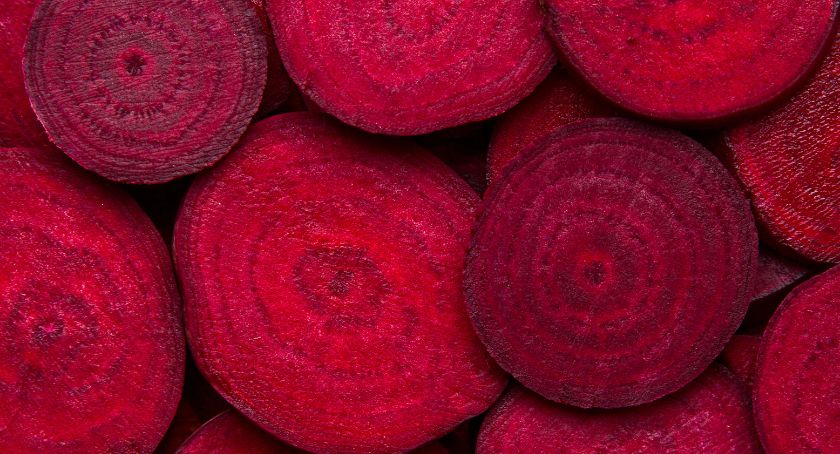Market Updates
National Survey Suggests Consumer Knowledge of CBD is Highly Limited
A great deal of discrepancy between CBD and other cannabis products still exists, even among those who've tried it.

By: Mike Montemarano

According to a new national survey conducted by consumer research company Invisibly, consumer knowledge about cannabidiol (CBD), an increasingly popular ingredient sourced from industrial hemp is highly lacking compared to what would be ideal for the manufacturers of CBD products.
The company used its Realtime Research tool to poll 1,087 Americans, and discovered that most people have not tried a CBD product and many still don’t know the difference between CBD and other closely-related compounds found in cannabis or THC-containing products.
According to the results, consumers largely don’t know the difference between CBD and THC-containing products such as marijuana (58%), have never tried any type of CBD product (62%), and would not consider using a CBD product for any reason (53%).
According to their findings, the top reason people do use CBD is to reduce stress (40%), and that women are the biggest consumers of CBD products, using them at more than twice the rate of men in both topical and ingestible forms.
Of the respondents who have tried CBD, 14% used it in an ingestible form, 11% as a topical ointment or cream, and 13% had tried it in both ingestible and topical formats.
CBD Knowledge Gap is Broad
Invisibly reported several findings on non-users of CBD products, and found that among these non-consumers, the portion of consumers who didn’t know the difference between CBD and THC-containing products rose to 68% – however, only 64% of those who have tried CBD actually understood the difference between the compounds.
36% of respondents tried CBD for the first time without knowing the difference between CBD and THC-containing products. 32% of respondents who have not tried CBD products still understood the difference between CBD and THC-containing products.
Prospective Users
Only 47% of the respondents considered themselves prospective users of CBD products, unlike the 53% who would not use them for any reason. Of these prospective users, 24% would use it to reduce stress and anxiety, 14% said they would consider using it for both stress and physical pain, and 9% said they would use it solely to reduce chronic physical pain.
Demographics
In terms of gender and CBD usage, Invisibly’s survey showed that 50% of respondents identified as female, 28% as male, and 22% as binary. As mentioned earlier, women used CBD more frequently than men and their non-binary counterparts, both in ingestible and topical forms.
59% of women said they have tried both forms, compared to only 26% of men and 24% of non-binary respondents that have tried both. Women also tried topical CBD more than twice as much as their male and non-binary counterparts, making up 56% of the total, compared to 24% of men and 20% of non-binary respondents.
Mike Montemarano has been the Associate Editor of Nutraceuticals World since February 2020. He can be reached at mmontemarano@rodmanmedia.com.




















